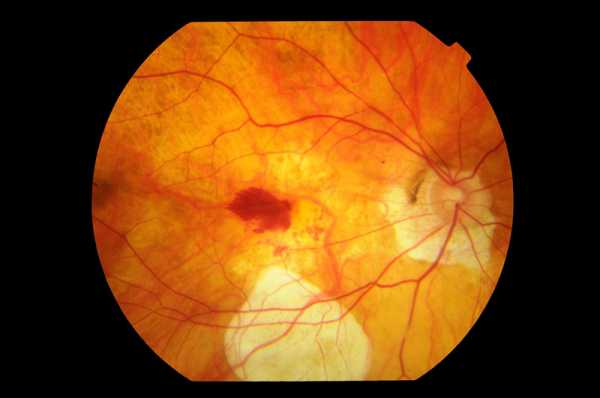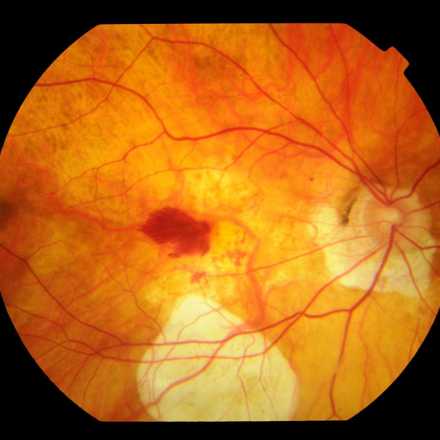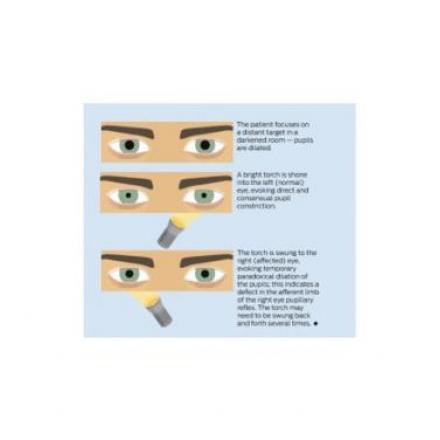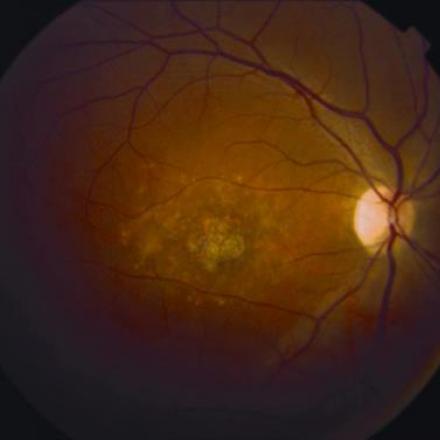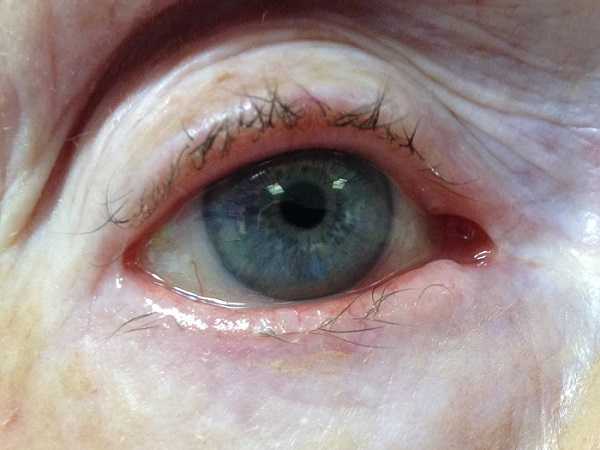
Madarosis
Madarosis is a medical term which means hair loss of the eyebrows or eyelashes.
Madarosis requires full ocular and systemic examination and consultations from dermatologists, ophthalmologists and endocrinologists because it may be associated with a variety of medical conditions in which some of them can be life threatening.
Causes of Madarosis
1- Chronic inflammation of the eyelid margin. This chronic inflammation can be caused by Blepharitis, allergy or infection around the eyelashes. Chronic inflammation can cause also whitening of the eyelashes which is called poliosis and also can cause misdirection of the eyelashes called trichiasis. Infection such as leprosy and syphilis.
2- Trauma, burn and surgical operation of the eyelid and the skin around the margin that involve resection part of the eyelid that contains hair follicles.
3- Iatrogenic removal of Trichiasis either by surgical operation, laser or Cryotherapy.
4- Trichotillomania. It is impulsive disorder in which the person starts to pull his or her own hair including eyelashes, eyebrow and scalp hair. It is associated with tension and followed by pleasure or relief. The hair fibers are seen at different length in which some of them maybe abnormally taller than the other.
4- Autoimmune diseases. There are antibodies that will act against cells that contain melanin such as Alopecia areata, Systemic Lupus Erythematous (SLE) and Scleroderma.
5- Infiltrating eyelid tumor such as squamous cell carcinoma, sebaceous cell carcinoma and lymphoma can cause loss of eyelashes by invading the hair follicle or during treatment. Treatments can involve surgical resection, chemotherapy or radiation.
6- Congenital causes such as lid coloboma and cryptophthalmos.
7- Endocrine diseases such as thyroid gland dysfunction (either hypo or hyperthyroidism) and pituitary gland dysfunction.
8- Skin diseases such as generalized alopecia and Psoriasis.
9- Medications such as miotics, anticoagulants, anticholesterol drugs, antithyroid drugs, bromocriptine, valproic acid and long term epinephrine therapy, long-term use of Botulinum A injections.
10- Intoxication with arsenic, gold, quinine, and overdose of vitamin A.



